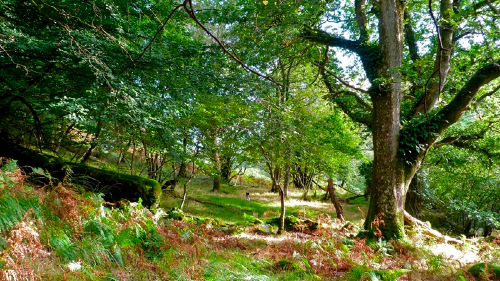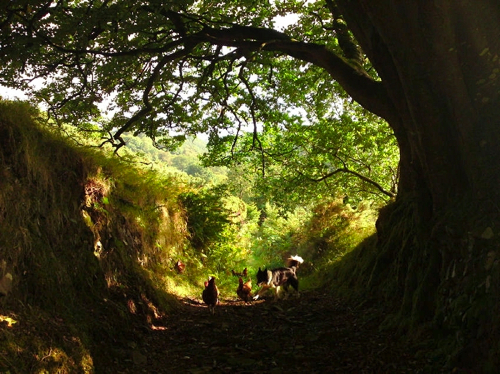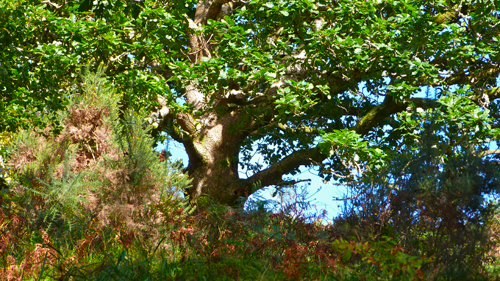A Global viewpoint of the implications of a forest sale
The implications of this current parliamentary process are liable to destroy UK, EU and potentially worldwide conservation progression for the Natural Environment.
The birth of modern Arboriculture and Silviculture followed the publication of Evelyns’ work ‘Sylva’. Subsequent to this the science of trees and woodlands never progressed much relatively in comparison with the births of other stalwart sciences such as geology. Sciences used the natural and unique attributes of environment and geography of the British Isles to progress research and discovery beyond unforeseen boundaries.
Subsequently other sciences adopted elements of tree and woodland based science. Spread out among many other scientific criteria the discoveries made through these studies have combined to allow for a list of irrefutable attributes of the arboreal world to ensure the necessary protection of existing tree canopy and thus extend it also.
Traditional sustainable land and forest management were almost extinct post WWII and the initial days of the Forestry Commission were hardly progressive.
Modern sustainable forest management ideals began to take precedence in the UK in 1967, following The Forestry Act, (interestingly it was also the year Helliwells’ valuation of amenity trees was published). Worldwide, sustainable forest management can be said to have started in 1992, following the Rio Earth Summit, as a result of promises from the UK to help further this progression.
New attributes of trees and woodlands are being discovered all the time, particularly with regards to soil and the potential health benefits of particular trees for humankind in the field of medical sciences.
UK academic research relating to trees and woodland from across the scientific spectrum have been world leaders in their respective fields, UK policies have helped shape and hone the policies of other countries and UK practitioners have developed management techniques adopted across the globe.
The umbrella of governmental funding in these matters has always just been enough to allow a continuum, the existence of the FC and some Quangos’ has allowed for regulatory and cross discipline discussion. This has enabled the UK to become a case study, perhaps the case study for which all countries, particularly developing countries can look at in terms of future sustainable forest management. Indeed across the globe you will see British Foresters and Scientists assisting in the progression of sustainable development.
The decision and subsequent documentation with regards the sale of the UKs public forest estate is disastrous. The sale of these woodlands and forests will affect ongoing scientific study, diminish the role of the professionals in land based industry and also lessen the chances of multilateral acceptance of the need for sustainable forest management. What is the point of any poorer country having to ratify principles when a G7 country can ignore what it previously agreed to do? The UK will become the new menace in terms of sustainable development. It will be followed by lesser states and shunned by its G7 counterparts and European partners.
The speed of the decisions and policies being put together is phenomenal. The wording is abused, with designations imposed on large areas of land without due process and with real evidence of misunderstanding.
Consultation is flawed and opens the debate into a ‘big society’ where, statistically, the desires and immediate rewards offered by unsustainable development are reflected alongside those who have obtained the qualifications and knowledge to enable a sustainable future.
A forest sell-off in England will provide case study as to how to avoid obligation in terms of sustainable future development and the needs of green space for people. It will destroy future belief in the promises of UK governments’ on natural environment and heritage issues. And it has the potential of destroying the UK timber market and its domination in terms of good sustainable practice globally.


























